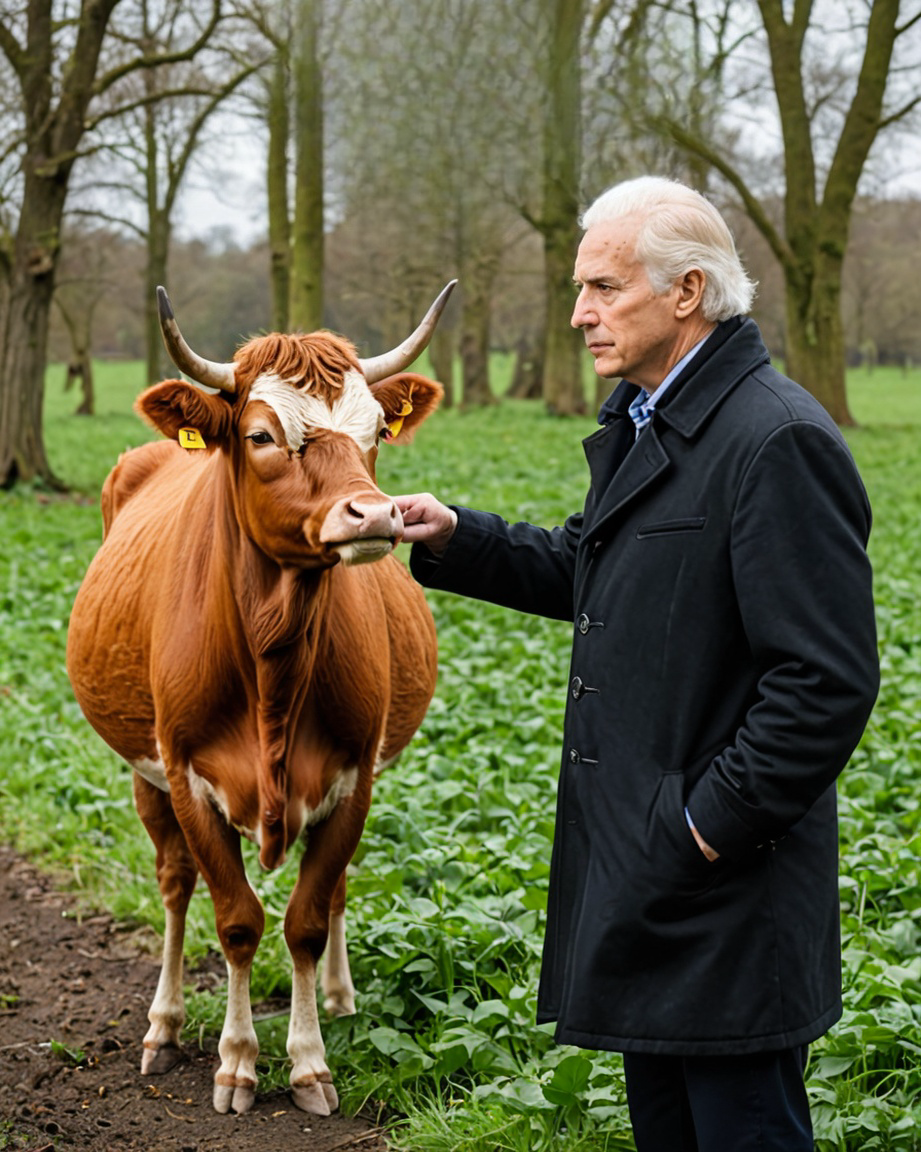Veganism, championed as a noble pursuit aimed at eliminating animal suffering and promoting environmental sustainability, is widely celebrated for its commitment to avoiding animal products. However, despite the admirable intentions behind a vegan lifestyle, a closer examination reveals that simply abstaining from animal products may not fully distance one from the ethical issues associated with industrial agriculture.
The Hidden Costs of Commercial Agriculture
Even if one diligently avoids meat, dairy, and eggs, the reality of modern agriculture often means indirectly supporting factory farms. This is because many plant-based foods are grown using the same industrial farming practices that underpin animal agriculture. Notably, vegetables and grains are frequently fertilized with manure from factory-farmed animals, including cattle that are subjected to inhumane conditions. This practice perpetuates the cycle of exploitation, as the waste from mistreated animals is used to cultivate crops, thus indirectly supporting the very system that vegans aim to oppose.
The Issue of Industrial Monocultures
Moreover, the vast monocultures used to grow plant-based foods can also have detrimental environmental impacts. Large-scale farming often relies on intensive methods that deplete soil health, reduce biodiversity, and contribute to pollution through the use of synthetic pesticides and fertilizers. While these practices are not directly linked to animal suffering, they are part and parcel of the industrial agricultural system that vegans seek to critique.
Plant Sentience: A New Frontier
Compounding the ethical complexity, recent scientific studies suggest that plants may possess forms of sentience, challenging the traditional view of plants as mere passive organisms. Research indicates that plants can respond to environmental stimuli, communicate with each other through chemical signals, and even exhibit behaviors that suggest a form of awareness. If these findings are validated, they could imply that the act of consuming plants also raises ethical considerations, adding another layer of complexity to the discussion of plant-based diets.
Processing Plant-Based Alternatives
Additionally, many plant-based alternatives use oils and processed ingredients that can be challenging for the human body to metabolize effectively. These oils, often high in saturated fats and trans fats, can lead to health issues and may not align with the nutritional goals of a balanced diet. This concern further complicates the notion that plant-based options are inherently healthier or more ethical compared to traditional animal products.
A Call for Reflection
To truly align with the ethical principles of veganism and minimize one’s impact on industrial agriculture, growing your own food stands out as a crucial step. By cultivating a personal garden or participating in local, sustainable farming practices, individuals can avoid the systemic issues associated with large-scale commercial agriculture. This approach not only ensures a direct connection to the food source but also helps reduce reliance on practices that contribute to animal exploitation and environmental degradation.
Focusing on Local and Regenerative Farming
Furthermore, for those who choose to include animal products in their diets, focusing on locally and humanely raised meat and supporting regenerative farming practices can offer a more ethical and sustainable alternative. Regenerative agriculture not only prioritizes animal welfare but also improves soil health and promotes biodiversity, presenting a viable path to reducing overall environmental impact.
Conclusion
In summary, while veganism is a commendable effort to reduce animal suffering and environmental harm, it is important to recognize the limitations and hidden contradictions within the current food system. Acknowledging these issues prompts a deeper reflection on how best to achieve ethical eating practices. Integrating personal food production, supporting sustainable farming, and considering the health impacts of plant-based alternatives can help align our food choices with our values, fostering a more thoughtful and comprehensive approach to ethical consumption.
